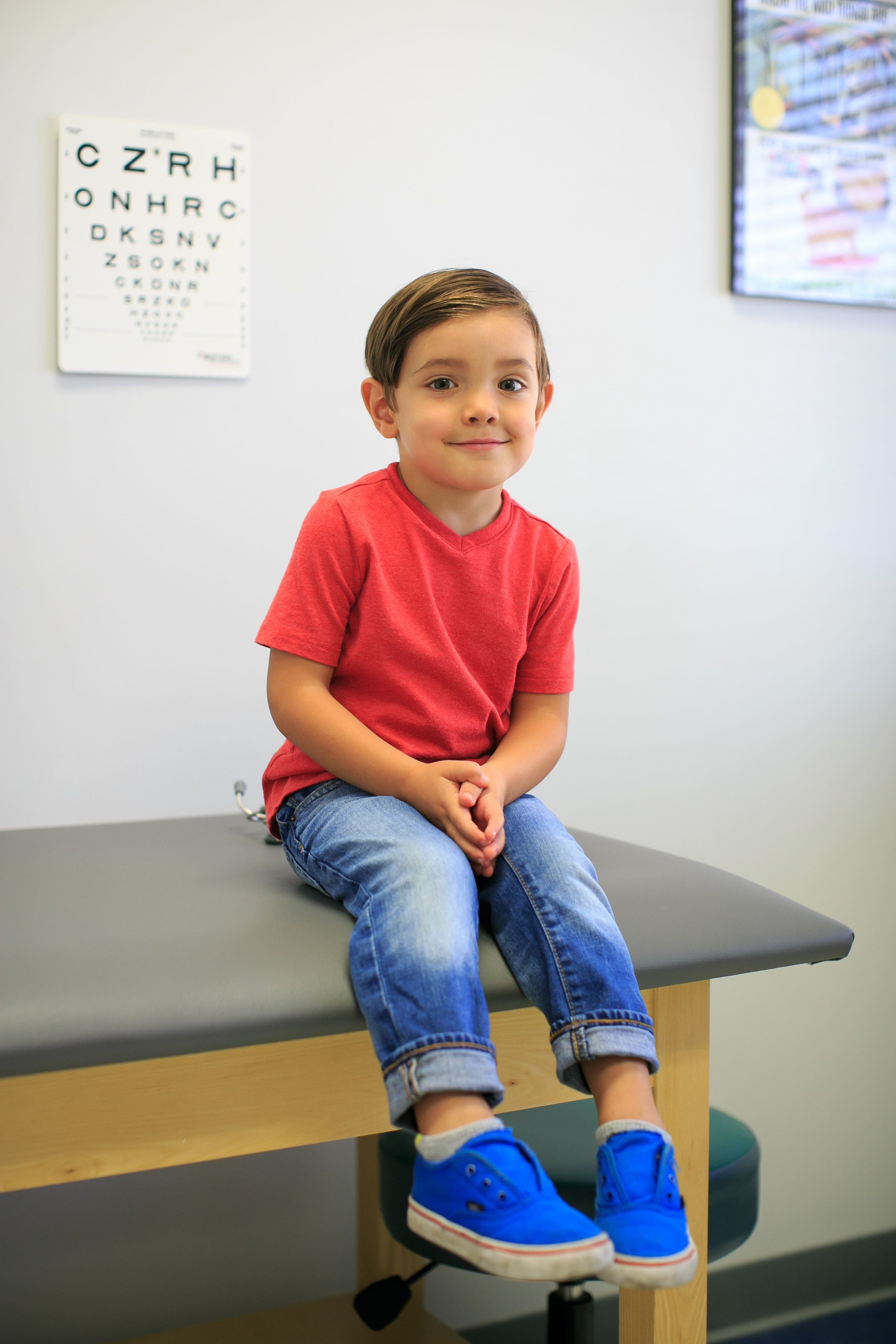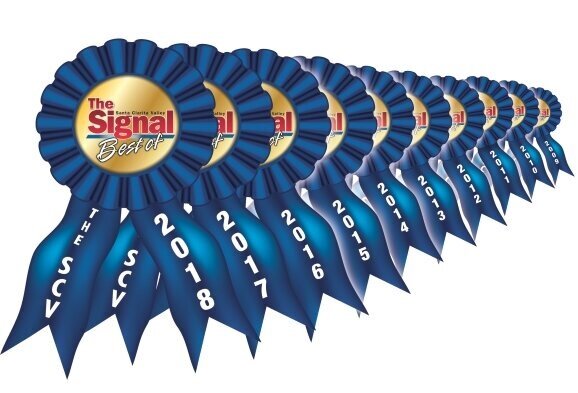A study from Utah examined mothers and infants who delivered between 2005 and 2014. Infants under 6 months are especially prone to complications of flu such as pneumonia and encephalitis.
A mere 10% of women obtained flu vaccine during pregnancy. However, among those who received the vaccine while pregnant, there was a 70% reduction in flu among their infants and 81 % reduction in hospitalization of their infants in the first 6 months.
COMMENT:
We receive our flu vaccine usually in September. We cannot immunize infants as they emerge from the womb, so this gives a measure of protection. If you are pregnant during that time, please get the vaccine to make sure your unborn infant is protected.
May 7, 2016
THREE WARNINGS: EPI PENS, FLAMING HOT CHEETOS AND CONTAMINATION OF POWDERED FORMULA
If your child is under 35 pounds, there may not be enough muscle mass in the thigh to make sure the epipen injects into the muscle. There have been reports of the needle coming out bent, which means it can hit bone. If it does, the injection is not as effective.
If your child is small, before you inject, squeeze the muscle, being careful not to inject your own fingers.
Flamin’ hot snack foods are popular with kids and are sending children and teens to emergency rooms. When the hot chips reach the stomach, they cause pain which releases endorphins, which leads to a feeling of pleasure. That is the way they become addictive.
The problem is they can cause gastritis and even ulcers, not to mention the fat and calories that are added to a diet. If your children eat them, please limit their intake or be conscious when they complain of a stomachache that it could be from the hot snack.
Powdered formula and powdered milk are not sterile and lately have been found to harbor a bacterium called Cronobacter. Adults do not get sick from this germ, but infants can be seriously affected. Although it can come from the factory, it is just as likely to be contaminated at home.
Liquid formula is sterile so for a newborn in the first two months of life choose a liquid formula. For older infants, mix the formula under very clean conditions and use it within 2 hours. Whatever is left should be thrown out.




